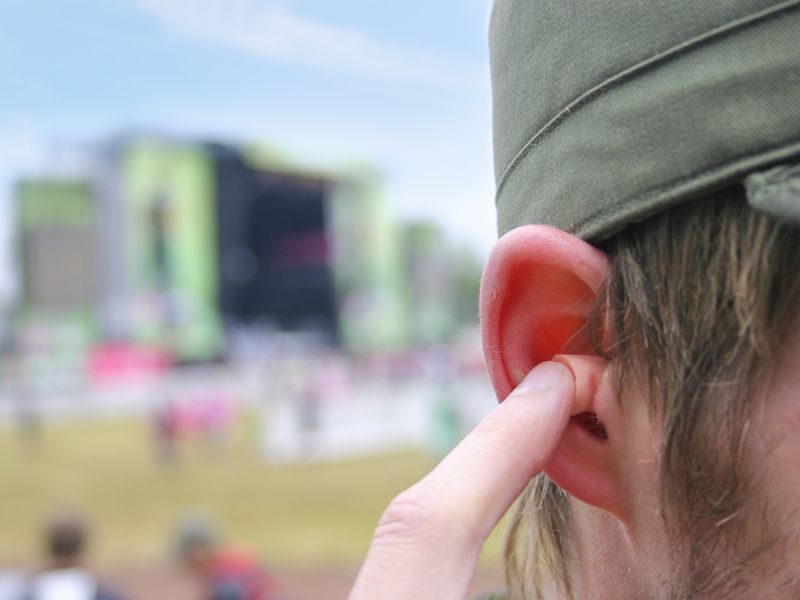
Earplugs can be beneficial if you’re subjected to loud sounds, such as for example, something as simple as a snoring spouse, or a lawnmower in your backyard, or going to an arena to see a concert. Lowering the volume is the way earplugs help in the first two instances. They assist in saving your peace of mind and perhaps even your relationships, in the last situation, by letting you get a good night’s sleep. But is your hearing being injured by these protectors?
Why Use Earplugs at All?
The case for earplugs is quite simple: When used properly, earplugs can reduce your exposure to extreme sound levels and thereby shield your hearing. Maybe you’ve observed that your hearing seems different when you leave a loud venue, for instance, a football game with a loud crowd, and you may also experience symptoms of tinnitus. This happens because those super-loud sounds can actually bend the small hair cells in your inner ear. In a couple of days, when the hairs have recovered, it generally goes back to normal.
But if you’re subjected to extreme decibels continuously, for example, if you work on a construction crew or at an airport, the aural assault on those tiny hair cells is unyielding. As opposed to recovering after bending, the cells are permanently impaired. There are about 16,000 of those tiny cells inside each cochlea, but up to 50% of them can be destroyed or at least injured before you would see the change in a hearing exam.
Is it Conceivable to Damage Your Ears by Wearing Earplugs?
With all that, you’d think that wearing earplugs would be an obvious choice when it comes to protecting your ears. But primarily if you’re in situations where you’re subjected to loud noises every day (like on the job or with the above mentioned snoring significant other), headphones that limit, but don’t completely cancel, sound or over the head earmuffs are a much smarter choice. Earplugs aren’t the best choice for day to day use but are better suited to one time occasions like a sports event or a concert.
Why? The first problem is, earwax. So that they can protect themselves, your ears make earwax, and if you’re always wearing earplugs, more earwax will be produced, and you’re likely to jam it in with the plugs. Tinnitus and other complications can be the outcome from impacted earwax.
Ear infections can also be the result from overuse of earplugs. If you continually wear the same pair, and you don’t clean them properly between uses, they can become breeding grounds for bacteria. Ear infections are, at the very least, an uncomfortable annoyance. But at the negative end of the spectrum, they can also cause hearing loss if neglected.
How Can You Safely Utilize Earplugs?
Whether it’s a restful night sleep or protecting your hearing, there’s still a big positive to using earplugs. You just need to be sure you’re using the right kind and using them in the correct way. Foam earplugs are the least costly, which is helpful because you really should not reuse them, the soft, porous material is a germ’s paradise. Don’t put silicone or wax earplugs back in your ears until they are totally dry after using warm water to completely clean them. Buildup of humidity can cause mold and bacteria so store your earplugs in a well ventilated container.
If you need or want to use earplugs regularly, you might want to get in touch with us about getting custom-made earplugs. These are made from unique molds of your ears, they’re reusable and because they’re fitted to your ears, comfortable. Again though, to prevent any potential hearing problems, it’s important to practice smart earplug hygiene!